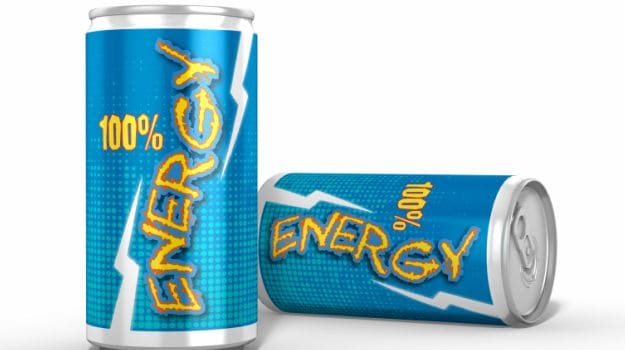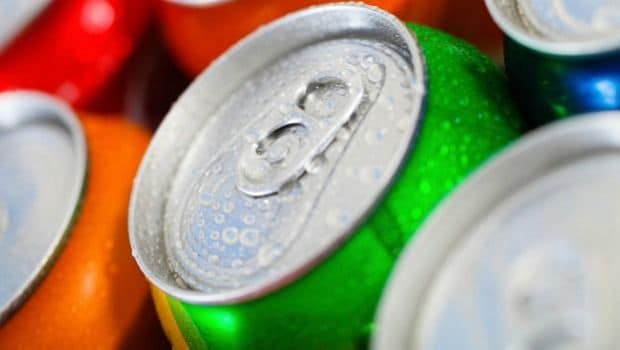The recommended limit of caffeine consumption for an average adult is not more than 400 mg a day. The American Academy of Pediatrics recommends that adolescents, age 12 to 18, should not consume more than 100 milligrammes of caffeine per day. Excessive caffeine intake has been tied to increased risk of elevated blood pressure in teenagers which may further trigger cardiac events like arrhythmia - abnormal heart rhythm where the heart is not able to pump enough blood to the body.

"Our purpose here today is to let people know, especially our young kids in school, that these drinks can be dangerous, and be very careful with how you use them, and how many you drink on a daily basis," said Gary Watts, Richland County Coroner.How to check caffeine overdose?
You may feel dizzy, thirsty and may experience diarrhea. If you think you have had too much caffeine then load up on water and have foods rich in potassium and magnesium. Some people may also experience insomnia, headaches, fever and irritability. If the condition worsens one may even find it difficult to breath and feel nauseated. Irregular heartbeats and chest pains may also occur.
Inputs from PTI





